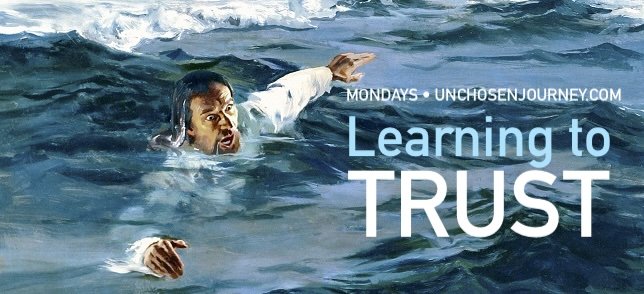‘Thanks to dementia’ their stories encourage me to tell my own
William Zinsser highlights a fact that has bothered me since I began this blog. In his best-selling On Writing Well, he advises, “Writing is an act of ego, and you might as well admit it.”
Well, I do.
How could I not acknowledge my ego when week after week in this space I’m writing about myself? Every Wednesday offers another set of my losses, griefs, or sadness. I worry that this is becoming wearisome, and sometimes I wonder why anybody keeps reading.
But several hundred do open every post, and at least a few comment below each one. They say they see themselves in my experiences. If I’m feeling or facing something they have confronted, they’re relieved to believe they’re not paranoid or crazy to be confused or upset by what life is handing them. They’re simply learning, as I am, to cope with a role they never anticipated. Caregiver.
Their responses—tender but tough, sad but straightforward—deserve more attention than they receive in the small type of the comments section. These people are survivors, determined to do what’s best for the person they love, devastated to know they can never really do enough for them.
Consider what Joanie wrote last week in response to my post about giving away Evelyn’s clothes.
“I remember helping my dad with the same thing. So difficult that he went out and mowed grass while I finished for him.”
Rose’s comment after the same post especially touched me:
“I'm sitting at the computer, next to the hospice bed, where my husband lies. When I go into his closet and see all his clothes still hanging that he'll not wear again, my breath catches in my throat and my heart skips a beat. I find my favorite one, and then I begin to cry. Truth be told, I'm wearing one of his shirts right now. I like how it fits like a tunic. I want to wear it forever. I can't think of seeing the hangers stand empty.”
Ellen wrestled with a lesson I’ve learned: You must take care of yourself.
“This one especially hit me! Mom has just been admitted to hospice care here at home and I am the primary caregiver. I already have a lady who comes every Wednesday to be with Mom, and I do my errand running in that three-hour window. Hospice has offered care, too, and I feel weird accepting it. But I am already running out of steam by the end of the day. So, thank you for reminding me to put my oxygen mask on and accept the help so that I CAN do all the things later.”
When I wrote “Everything’s different, but little changes,” Larry responded:
“This portends what I might expect as I travel the same road with you. I am a caregiver for my wife's ten-year journey with dementia. At this point, she is still very involved in activities around the house, knows who I am, and participates in a women's Bible study twice a month. But her memory loss is almost instantaneous, and she asks for repeated information constantly. Oddly, my stress level has declined over time as I know more about what to expect and get used to reacting to her questioning. Your thoughts today help prepare me for what is to come.”
When I tried my hand at verse to describe eating at a restaurant alone, my little piece touched a nerve with Greg:
“I am struggling with words to express how this hits me and helps me this morning. Thank you!”
Maria’s response to my post about answering unanswerable questions reminded me of the path we Alzheimer’s caregivers walk together:
“When my dear husband was in memory/nursing care, every now and then he would ask, ‘When am I getting out of here?’ or ‘When am I going home?’. It always hurt having to make up something. I would calm him down by telling him, ‘We'll talk to the doctor about it,’ or ‘After you've done some more physical therapy.’ That would satisfy him and then, thanks to dementia, he would forget about it for a while, often weeks or even months.
It's interesting—don’t you agree?—that Maria has found the grace to say, “thanks to dementia”? Everyone who loves an Alzheimer’s sufferer has a long list of reasons to regret or grieve or curse dementia. But Maria has seen dementia protecting her husband from knowing all he’s lost. While we hate Alzheimer’s, we can be glad when our loved one isn’t as devastated by its effects as we are.
And sometimes—sometimes!—we can even name blessings that have come to us because of Alzheimer’s. One of mine is the empathy and encouragement this blog’s readers have offered me, especially those who commented with a little slice of their story.
I can’t deny their response feeds my ego, but that’s only the beginning. This journal is one of my most helpful coping mechanisms. When I believe it helps others survive, too, I decide I must keep writing.

